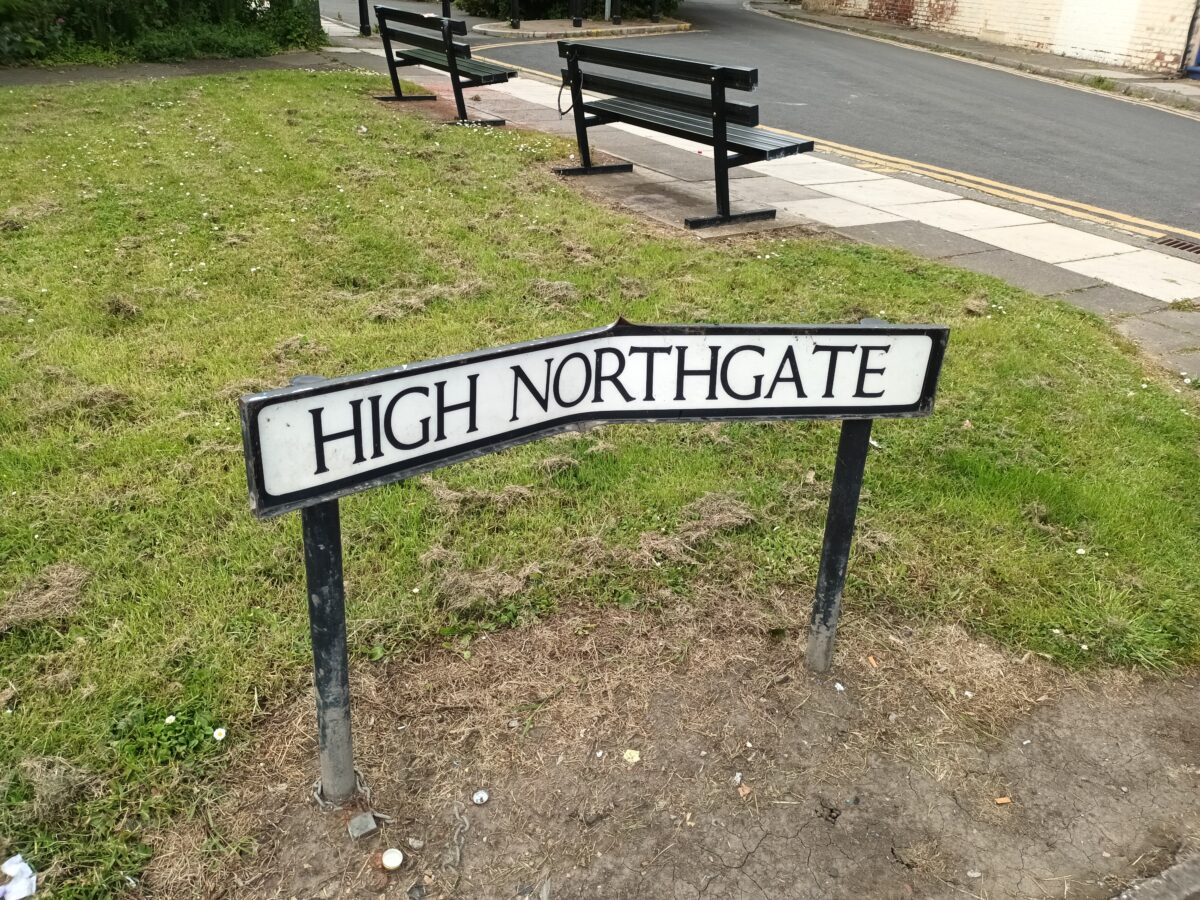In Feeling Towns, we produced a series of place-based reports for local authorities in each of the locations where we conducted fieldwork. These reports were used by local authorities and organisations to shape their cultural-heritage strategies and support their bids for external funding.
Pride and Northgate, Darlington
This report shows that the relationship between Northgate and the rest of Darlington is complex. Northgate residents do not strongly identify with “Northgate” as a clear geography, nor do they feel an integrated part of the rest of the town and the new opportunities heralded by Levelling Up. Yet they do feel a clear emotional investment in the town’s heritage and community assets. Our recommendations focus on building an inclusive and pluralised heritage strategy that includes collaborative and creative policymaking to address antisocial behaviour and reanimate local spaces, further developing skills and civic identity.
Pride and Harefield, Southampton
This report reveals that Harefield feels geographically and culturally separated from Southampton. Residents are unable to identify with resources and services that they experience as conditionally available. Our central recommendations concern providing Harefield with a champion that builds on the strong sense of identity and pride in place that exists in the ward. This work allows residents to begin developing community assets and to collectively engage with the wider city and its services. We specifically recommend strategies for increasing communication; for developing capacities for local governance and civic upskilling; and for enhanced collaborations with schools and colleges.
Pride and Hereford / Ledbury, Herefordshire
This report gathered findings on civic pride for young people in Hereford and the relationship between volunteering and pride in Ledbury. Volunteer motivation is generational: young people volunteer to learn skills and receive training; older people volunteer to build networks and to develop their existing skills. We suggest differentiating ways of targeting volunteers according to age and activity. For young people, local pride elicited often personal stories, narrating Herefordshire as a “sanctuary” and a “kind” place where people “step in”. We suggest that a young people’s advocacy role be instituted that develops a long-term strategy to support spaces and activities.
Pride and Dorchester, Dorset
This report found that there was much to celebrate and feel proud of in Dorchester: its green spaces, its heritage and heritage assets, its community and workers, and its role as a county town. In our fieldwork we noted that change was viewed differently by Dorchester’s various communities. We propose that understanding—and communicating across—different views could present change in very productive ways for the town. We also think that the high levels of community engagement in the town offer rich possibilities for facilitating and creating community-owned narratives and identities.
Visions of Sandown, Isle of Wight
This report found that Sandown has a strong sense of place and identity: it is proud of its natural and built heritage, its community, and its place within the Island. Sandown residents are fiercely proud – ‘Sandown is its people’ – but opportunities for positive community building are fractured and uneven. The sense that Sandown is peripheral, and has suffered economically at the cost of prosperity elsewhere on the Island, is strong and needs addressing. Future consultations should explore an inclusive approach to the dynamics of place-shaping: an attention to how and where and who is co-creating the Sandown vision.
